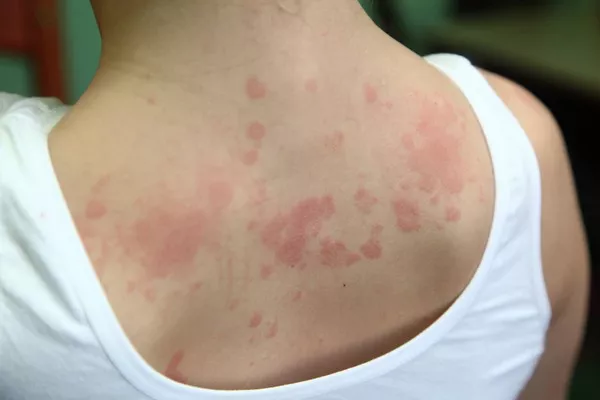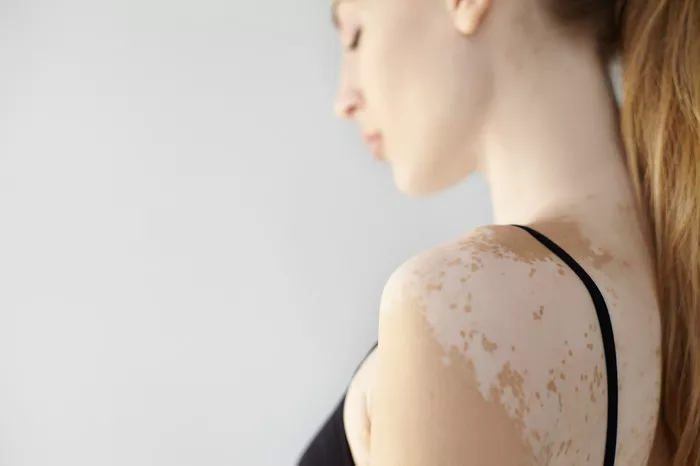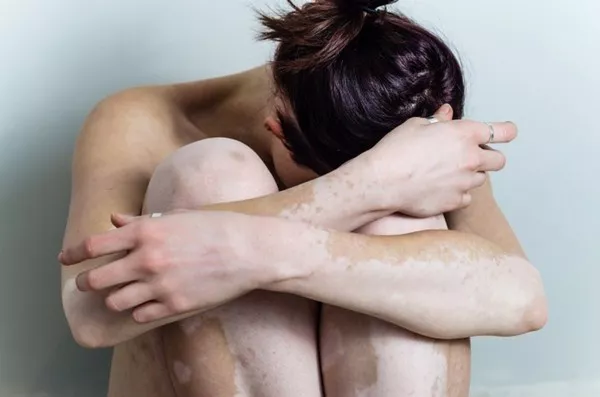Hives, medically known as urticaria, can be a perplexing and frustrating condition for those who experience them unexpectedly. These raised, itchy welts on the skin can appear suddenly and disappear just as mysteriously, leaving many wondering why they keep occurring. Understanding the underlying causes of random hives requires delving into various potential triggers and exploring the complex interplay of immune responses and external factors.
What are Hives?
Before diving into the reasons behind randomly occurring hives, it’s essential to grasp what hives are and how they manifest. Hives typically appear as red, swollen welts on the skin that vary in size and shape. They can develop anywhere on the body and often cause itching, burning, or stinging sensations. In some cases, hives may be accompanied by swelling (angioedema), affecting deeper layers of the skin.
Hives are generally categorized into two types: acute and chronic. Acute hives last for less than six weeks and are often triggered by specific factors, while chronic hives persist for six weeks or longer and can be more challenging to diagnose and manage.
Understanding the Triggers
One of the key aspects of managing hives is identifying the triggers responsible for their onset. While pinpointing triggers can be complex due to individual variability, several common factors are known to induce hives:
1. Allergies
Allergic reactions to certain foods, medications, insect stings, or environmental factors (like pollen or pet dander) can lead to hives. These reactions trigger the release of histamine and other chemicals in the body, causing the characteristic welts and itching.
2. Stress
Emotional stress and anxiety can exacerbate hives or even be the sole trigger in some cases. The exact mechanisms linking stress to hives are not fully understood but likely involve hormonal changes that affect immune responses.
3. Infections
Certain infections, particularly viral infections like the common cold or hepatitis, can provoke hives as a part of the body’s immune response.
4. Physical Stimuli
Exposure to physical stimuli such as pressure on the skin (dermatographia), cold temperatures (cold urticaria), or sweating (cholinergic urticaria) can lead to hives in susceptible individuals.
5. Autoimmune Disorders
Underlying autoimmune conditions like lupus or thyroid disorders can sometimes manifest with hives as a symptom of immune system dysfunction.
6. Idiopathic Causes
In many cases, hives occur without an identifiable trigger, a condition referred to as idiopathic urticaria. This form of hives can be particularly challenging to manage and may require ongoing treatment and monitoring.
Investigating the Role of Allergies
Allergies are a common trigger for acute hives. If you suspect allergies are causing your hives, allergy testing conducted by a specialist can help identify specific allergens. Common allergens that trigger hives include:
- Foods like nuts, shellfish, eggs, and dairy products
- Medications such as antibiotics, aspirin, and NSAIDs (nonsteroidal anti-inflammatory drugs)
- Insect stings or bites
- Environmental allergens like pollen, mold, or pet dander
Once identified, avoiding these triggers is essential in preventing recurrent hives.
Stress and its Impact on Hives
Stress is known to exacerbate various skin conditions, including hives. Stress activates the body’s fight-or-flight response, releasing hormones like cortisol and adrenaline that can influence immune function and trigger inflammation. Finding effective stress management techniques such as meditation, yoga, or counseling may help reduce the frequency and severity of stress-related hives.
The Role of Immune Responses
Hives are closely linked to immune system reactions. When triggered, immune cells release histamine and other chemicals, causing blood vessels to leak fluid into the skin, resulting in swelling and itching. Understanding these immune mechanisms can guide treatment approaches, such as antihistamines or immune-modulating medications, aimed at controlling inflammation and reducing symptoms.
Seeking Medical Evaluation
If you are experiencing persistent or recurrent hives, it is crucial to seek evaluation by a healthcare professional. A dermatologist or allergist can conduct a thorough assessment, including a detailed medical history and potentially diagnostic tests, to identify underlying causes or contributing factors. Diagnostic tests may include blood tests, allergy panels, or skin-prick tests to pinpoint specific triggers.
Treatment Options
Treatment for hives depends on the underlying cause and the frequency and severity of symptoms. Common treatment approaches include:
- Antihistamines: These medications help block the effects of histamine and are typically the first-line treatment for hives.
- Corticosteroids: In severe cases or when hives are accompanied by swelling (angioedema), oral or injectable corticosteroids may be prescribed to reduce inflammation.
- Immune-modulating medications: For chronic hives not responsive to conventional treatments, medications that target immune responses, such as omalizumab or cyclosporine, may be considered.
- Avoidance of Triggers: Once identified, avoiding known triggers is essential in preventing recurrent hives.
Lifestyle Modifications
In addition to medical treatments, certain lifestyle modifications may help manage hives:
- Avoidance of known triggers: Once identified, avoiding known triggers can significantly reduce the frequency of hives.
- Stress management: Engaging in stress-reducing activities like meditation, yoga, or deep breathing exercises may help alleviate stress-related hives.
- Maintaining skin health: Using mild soaps and moisturizers and avoiding hot baths or showers can prevent skin irritation that may exacerbate hives.
When to Seek Urgent Medical Attention
While hives are often benign and self-limiting, certain symptoms warrant urgent medical attention:
- Difficulty breathing or swallowing
- Swelling of the tongue or throat (indicative of angioedema)
- Dizziness or fainting
- Severe abdominal pain or vomiting
These symptoms may indicate a severe allergic reaction (anaphylaxis) requiring immediate medical intervention.
Conclusion
The occurrence of randomly appearing hives can be a challenging puzzle to solve, often requiring a systematic approach involving medical evaluation, identification of triggers, and appropriate treatment strategies. By understanding the potential causes and triggers of hives and adopting proactive measures, individuals can effectively manage this often unpredictable condition and improve their quality of life. If you are experiencing persistent or concerning hives, consulting a healthcare professional is essential for accurate diagnosis and personalized treatment recommendations.
Related Topics:


























